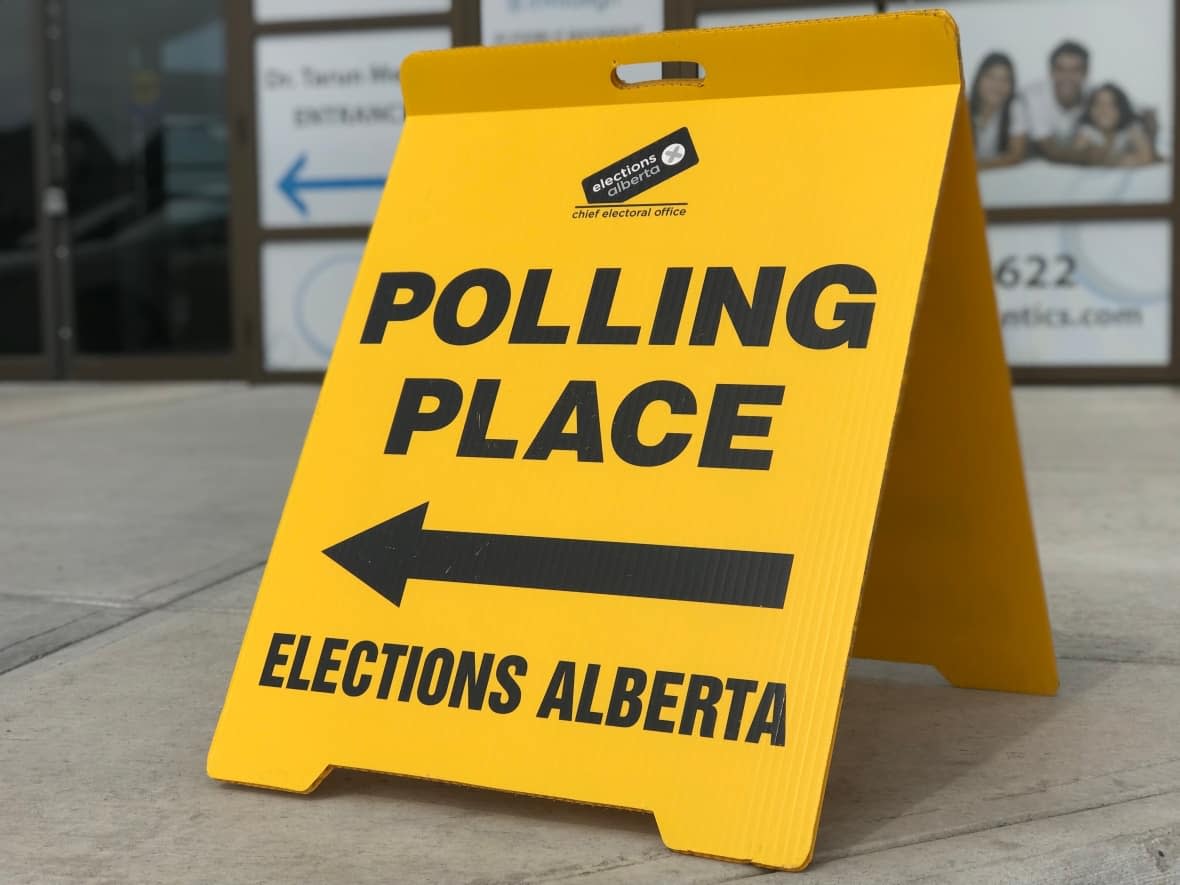Elections Alberta recommends legislative changes to tackle misinformation, disinformation

The independent and non-partisan office that administers Alberta's provincial elections is recommending legislative changes to address misinformation and disinformation.
In its annual report published last week, Elections Alberta said tweets impersonating Elections Alberta during the 2021 municipal elections "highlighted the concerns about how such activity could not only impact the delivery of an election, but also how misinformation and disinformation could negatively impact elector participation and individual election campaigns."
Misinformation generally means false or misleading information while disinformation means that which is deliberately spread.
The report from the chief electoral officer said federal legislation has provisions on foreign interference and using computers to fraudulently affect election outcomes, but Alberta lacks these "legislative safeguards."
Elections Alberta recommends amending the Election Act to prohibit: "knowingly making false statements about the voting process," publications falsely claiming to be people they are not — including election staff, political parties, candidates and nomination contestants — and trying to influence an election outcome or undermine its legitimacy using a computer system fraudulently.
In a statement, a spokesperson for Elections Alberta said emerging issues in Canada and the U.S. prompted the recommendations.
The report also suggests offences go along with the prohibitions and says that more legislative provisions are required to give the chief electoral officer authority to remove online content like non-compliant election advertisements and "compel the platform's assistance in doing so in a timely fashion."
Vivek Krishnamurthy, who teaches law at the University of Ottawa, said most of the recommendations don't raise freedom of expression concerns and "would probably pass charter scrutiny," except giving the chief electoral officer more power to remove online content.
"Unless we're very careful in tailoring the scope of this sort of power, it would be very susceptible to constitutional challenge, because you are empowering the chief electoral officer to make a lot of calls, on their own, about what kinds of expression are lawful or not in an election period," he said.
He said there's also a jurisdictional question over whether Alberta can govern social media companies' behaviour.
More education needed: researcher
Mathieu Lavigne, a senior researcher at the Centre for Media, Technology, and Democracy at McGill University, has been researching misinformation during elections.
He and his colleagues surveyed thousands of Canadians during the 2021 federal election and the provincial election in Quebec this fall.
He said in order to reduce the spread of misinformation and increase trust in the election process, there needs to be better education about how elections work.
According to his surveys, only about a third of respondents during the Canadian election and about half of respondents during the Quebec election knew that all ballots were counted by hand.
Those who believed machines were used to count ballots, he said, were much less trusting in the process.
"If we educate people about how our election works, then if they see misinformation online, they already have the right information, so they're less likely to be misled," he said.
Recommendations for local election rules
The report also makes multiple recommendations for amending the Local Authorities Election Act, which governs municipal elections.
These include clarifying how much candidates can self-fund, giving public access to third-party advertisers and financial disclosures, and establishing a maximum fine for candidates who collude with third-party advertisers to get around contribution or expense limits.
Lisa Young, a political scientist at the University of Calgary, said these recommendations are "entirely appropriate" and should be implemented.
She said voters still don't know who donated to Calgary Tomorrow, a third-party advertiser that authorized signs for mayoral candidate Jeff Davison.
Kayla Gamroth, press secretary for Municipal Affairs Minister Rebecca Schulz, said following the municipal elections in the last year, the government engaged with municipalities, the public and Elections Alberta to identify opportunities for LAEA updates.
"Any future updates will take feedback from those groups into consideration," she said.
Young says given the limited amount of legislature sitting time left and the amount of other legislation the government has on its agenda, changes to election acts are unlikely to occur before the next provincial election.


